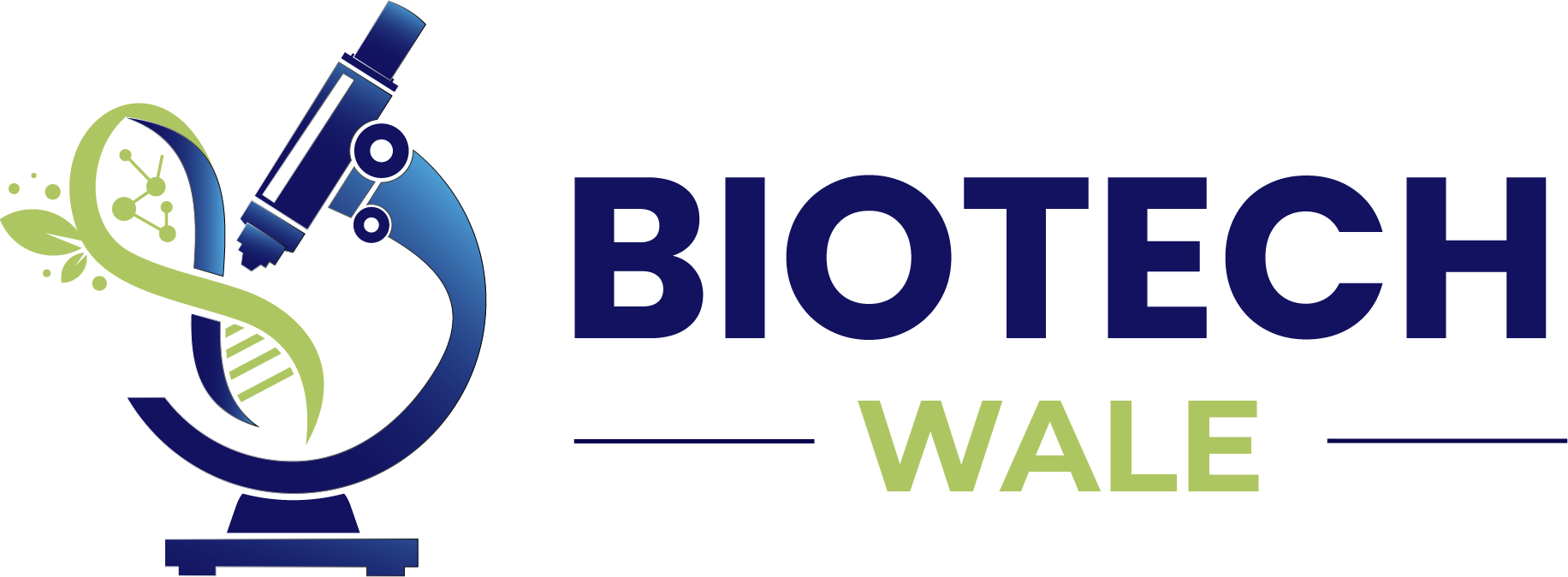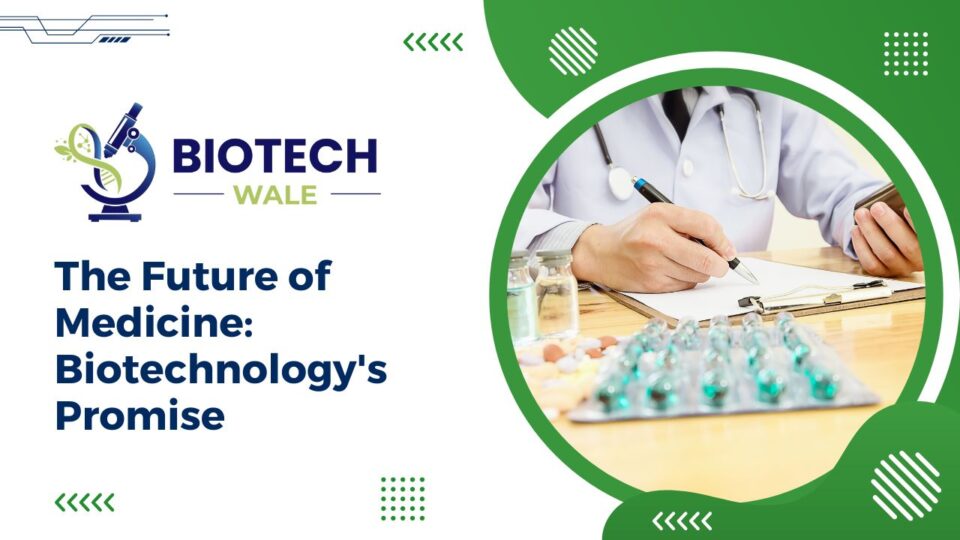Introduction to Biotechnology and its Impact on Medicine
Welcome to the exciting world of biotechnology, where science fiction meets reality, and the future of medicine is being reshaped before our eyes. Imagine a world where diseases are detected and treated with pinpoint accuracy, where personalized therapies revolutionize healthcare as we know it. Biotechnology is not just a buzzword; it’s a game-changer in the field of medicine, offering hope for countless patients around the globe. Join us on this journey as we explore the incredible promise that biotechnology holds for the future of healthcare.
Advancements in Genetic Engineering and Precision Medicine
Genetic engineering and precision medicine have revolutionized the way we approach healthcare. Scientists can now manipulate genes to treat and prevent diseases that were once considered incurable. By targeting specific genetic mutations, precision medicine offers tailored treatments for individual patients, maximizing effectiveness while minimizing side effects.
Advancements in genetic testing allow for early detection of hereditary conditions, enabling proactive interventions before symptoms even manifest. This personalized approach not only improves patient outcomes but also reduces overall healthcare costs by avoiding unnecessary treatments or hospitalizations.
The ability to edit genes using tools like CRISPR opens up endless possibilities in treating genetic disorders. While this technology holds immense promise, ethical considerations surrounding gene editing continue to spark debate among scientists, policymakers, and the public.
The progress in genetic engineering and precision medicine paves the way for a future where diseases can be treated at their root cause rather than just managing symptoms. Exciting times lie ahead as we witness these groundbreaking advancements unfold before our eyes.
The Role of Biotechnology in Disease Detection and Treatment
Biotechnology has revolutionized disease detection and treatment in ways never imagined before. Through innovative techniques like biomarker identification and molecular diagnostics, biotechnology is enabling early detection of diseases with greater accuracy than traditional methods. This early intervention can significantly improve patient outcomes by allowing for timely treatment.
In the realm of personalized medicine, biotechnology plays a crucial role in tailoring treatments to individual patients based on their genetic makeup. This precision approach not only enhances efficacy but also minimizes side effects, leading to better quality of life for patients undergoing treatment. Furthermore, advancements in immunotherapy and targeted therapies are offering new hope for previously incurable diseases.
By harnessing the power of biotechnology, healthcare professionals are able to make more informed decisions when it comes to diagnosing and treating various medical conditions. The integration of cutting-edge technologies into clinical practice is paving the way for a future where diseases can be detected earlier and treated more effectively than ever before.
Stem Cell Therapy and Regenerative Medicine
Stem cell therapy and regenerative medicine are shaping the future of healthcare by offering revolutionary treatment options for a variety of conditions. Stem cells have the remarkable ability to develop into different types of cells in the body, making them a promising tool for repairing damaged tissues and organs.
This innovative approach holds great potential for treating diseases like Parkinson’s, Alzheimer’s, heart disease, and even spinal cord injuries. By harnessing the power of stem cells, scientists can potentially regenerate damaged tissues and restore function to affected areas.
One key advantage of stem cell therapy is its ability to promote natural healing processes within the body without relying on traditional medications or invasive procedures. This personalized form of treatment has shown promise in improving patient outcomes and quality of life.
As research in this field continues to advance, we can expect to see even more breakthroughs in regenerative medicine that could change the way we approach healthcare in the years to come.
Gene Editing and the Ethical Dilemmas Surrounding It
Gene editing, a groundbreaking technology in biotechnology, has sparked intense debates on ethical considerations. The ability to modify genetic material raises questions about playing “nature’s role” and the potential consequences of altering human DNA.
One major concern is the risk of unintended genetic changes or off-target effects that could have unforeseen implications for future generations. This uncertainty surrounding gene editing techniques like CRISPR-Cas9 calls for careful regulation and transparent decision-making processes.
The ethical dilemmas extend to issues such as accessibility and affordability of gene editing therapies, raising concerns about exacerbating existing social inequalities in healthcare. Additionally, questions arise around consent and the right to manipulate one’s own genetic makeup.
As scientists continue to push boundaries with gene editing technologies, it becomes crucial to address these ethical dilemmas proactively to ensure responsible innovation in medicine and uphold moral principles amidst rapid advancements in biotechnology.
Impact on Healthcare Industry
Biotechnology has been making waves in the healthcare industry, revolutionizing how diseases are diagnosed and treated. The impact of biotechnology is evident in the development of personalized medicine, where treatments are tailored to individual patients based on their genetic makeup. This level of customization leads to more effective and targeted therapies.
Moreover, biotechnology has streamlined processes within the healthcare industry, improving efficiency and reducing costs. From drug discovery to clinical trials, biotechnological advancements have accelerated the pace at which new medical solutions reach patients in need.
Additionally, biotechnology has paved the way for innovative diagnostic tools that enable early detection of diseases, ultimately saving lives by allowing for timely interventions. With continuous research and technological advancements in this field, we can expect even greater breakthroughs that will further transform healthcare delivery worldwide.
Potential Benefits for Patients
Biotechnology offers a plethora of potential benefits for patients that can revolutionize healthcare as we know it. One significant advantage is personalized medicine, where treatments are tailored to individuals based on their genetic makeup. This targeted approach can lead to more effective and precise treatments with fewer side effects.
Moreover, biotechnology plays a crucial role in early disease detection through advanced diagnostic tools. By detecting illnesses at an early stage, patients have a higher chance of successful treatment outcomes and improved quality of life. Additionally, regenerative medicine using stem cells holds promise in repairing damaged tissues and organs, offering hope for patients with chronic conditions or injuries.
Furthermore, the development of gene editing technologies opens up possibilities for correcting genetic defects that cause diseases. This breakthrough has the potential to transform how certain inherited disorders are treated, providing new avenues for therapy. As technology continues to advance rapidly in this field, the future looks promising for patients seeking innovative and personalized healthcare solutions.
Challenges and Limitations
Biotechnology, while promising, faces its fair share of challenges and limitations in the healthcare landscape. One major hurdle is the high cost associated with developing and implementing cutting-edge biotechnological treatments. This can lead to limited access for patients who may benefit from these advanced therapies.
Moreover, regulatory hurdles and ethical dilemmas surrounding gene editing technologies pose additional barriers to widespread acceptance and adoption. The potential risks of unintended consequences or misuse of genetic manipulation tools raise valid concerns among both scientists and the general public.
Additionally, there are technical challenges in ensuring the safety and efficacy of biotechnological interventions. Researchers must navigate complex biological systems to deliver precise outcomes without causing harm to patients.
Despite these obstacles, ongoing research efforts continue to address these limitations head-on, pushing the boundaries of what is possible in modern medicine through innovative solutions that aim to revolutionize healthcare as we know it.
Future Possibilities and Innovations
The future of biotechnology in medicine is brimming with possibilities and innovations that have the potential to redefine healthcare as we know it. From personalized treatments tailored to individual genetic profiles, to cutting-edge therapies using stem cells and gene editing techniques, the landscape of medicine is evolving at a rapid pace.
Imagine a world where diseases can be detected and treated before symptoms even appear, thanks to advanced diagnostic tools powered by biotechnology. Researchers are exploring new frontiers in regenerative medicine, harnessing the power of stem cells to repair damaged tissues and organs, offering hope for patients with previously untreatable conditions.
Gene editing technologies like CRISPR are opening up new avenues for targeted interventions in genetic disorders, while also raising ethical questions about the limits of human intervention in the natural order. As we navigate these complex ethical dilemmas, one thing remains clear – biotechnology holds immense promise for improving patient outcomes and driving innovation in healthcare.
Innovations such as 3D printing of organs, artificial intelligence-driven diagnostics, and precision delivery systems for medication are just a few examples of how biotechnology is shaping the future of medicine. With ongoing research pushing boundaries and uncovering new possibilities every day, it’s an exciting time to witness the transformative power of biotechnology unfold before our eyes.
Conclusion: The Potential of Biotechnology to Revolutionize Healthcare
The potential of biotechnology to revolutionize healthcare is immense. With advancements in genetic engineering, precision medicine, disease detection and treatment, stem cell therapy, and gene editing, the future of medicine looks promising. While there are ethical dilemmas surrounding gene editing, the benefits for patients cannot be overlooked.
Biotechnology has already made a significant impact on the healthcare industry by providing innovative solutions for various medical conditions. However, there are still challenges and limitations to overcome in order to fully harness its potential.
As we look towards the future, it is clear that biotechnology will continue to drive innovation in healthcare and pave the way for personalized treatments tailored to individual patients. The possibilities are endless, and with ongoing research and development, we can expect even more groundbreaking discoveries that will benefit patients worldwide.
In conclusion: Biotechnology holds the key to transforming healthcare as we know it, offering hope for improved outcomes and better quality of life for countless individuals. It truly has the potential to revolutionize medicine and shape a healthier future for generations to come.





Average Rating